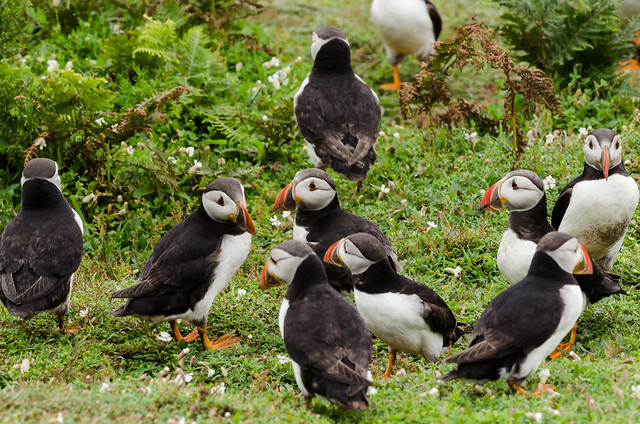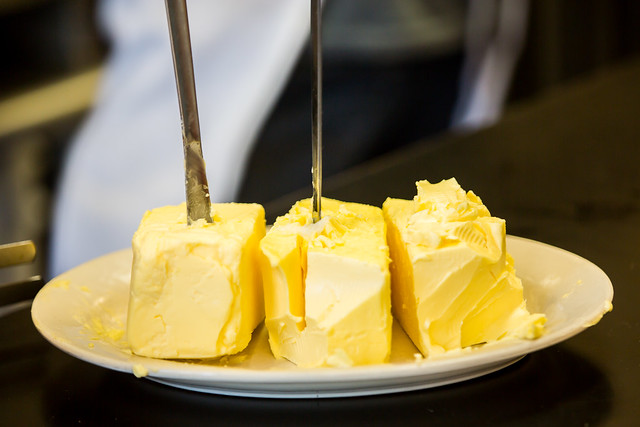Podcast: Play in new window | Download
Here’s the latest news from the world of Omniglot.
This week there are new language pages about:
- Lhowa (ॱलोवा), a Central Bodish language spoken in Gandaki Province in central Nepal
- Yola (Yola Taalke), an Anglic language that was spoken in County Wexford in the southeast of Ireland until 1998, and which is currently being revived.
- Munji (مونجى) – an Eastern Iranian language spoken in northeastern Afghanistan
- Yidgha (یدغہ) – an Eastern Iranian language spoken in northern Pakistan
New adapated script:
Głagolicy (Ⰳⱉⰰⰳⱁⰾⰹⱌⱏ), a way to write Polish with the Glagolitic alphabet devised by Allison Powell. It looks like this:
Ⰲⱎⱏⱄⱌⱏ ⰾⱆⰼⰻⰵ ⱃⱁⰷⱘ ⱎⰻⱔ ⰲⱁⰾⱀⰻ ⰹ ⱃⱆⰲⱀⰻ ⰲ ⱄⰲⱁєⰺ ⰳⱁⰴⱀⱁⱎⰻⱍⰻ ⰹ ⱂⱃⰰⰲⰰⱈ. Ⱄⱘ ⱁⰱⰴⰰⰶⰵⱀⰹ ⱃⱁⰸⱆⰿⰵⰿ ⰹ ⱄⱆⰿⰻⰵⱀⰻⰵⰿ ⰹ ⱂⱁⰲⰹⱀⱀⰻ ⱂⱁⱄⱅⱔⱂⱁⰲⰰⱍⰻ ⰲⱁⰱⰵⱌ ⱎⰻⰵⰱⰻⰵ ⰲ ⰴⱆⱈⱆ ⰱⱃⰰⱅⰵⱃⱄⱅⰲⰰ.
There are also new numbers pages in:
- Lun Bawang (Buri’ Lun Bawang), a North Bornean language spoken in Malaysia, Indonesia and Brunei.
- Yola (Yola Taalke)
- Ho (𑢹𑣉𑣉 𑣎𑣋𑣜 / hōō jagara), a Munda language spoken mainly in the Indian states of Jharkhand, Odisha and West Bengal.
There’s an Omniglot blog post about Pseudonyms and related words, a post entitled Distreetly Discrete, which is about keeping the words discrete and discreet discrete, and the usual Language Quiz. See if you can guess what language this is:
Here’s a clue: this language has the same name as a US state, although it is not spoken in that state.
The mystery language in last week’s language quiz was Pennsylvania Dutch / German (Pennsilfaanisch Deitsch), a variety of German spoken mainly in Pennsylvania, Ohio and Indiana in the USA, and in Ontario in Canada.
There are new Celtiadur posts are about words for Soft and Tender, Emptiness and related things in Celtic languages.
In the Adventure in Etymology we dive into the world of puffins.
For more Omniglot News see:
https://www.omniglot.com/news/
https://twitter.com/Omniglossia
https://www.facebook.com/groups/omniglot/
https://www.facebook.com/Omniglot-100430558332117
You can also listen to this podcast on: Apple Podcasts, Amazon Music, Stitcher, TuneIn, Podchaser, PlayerFM or podtail.
If you would like to support this podcast, you can make a donation via PayPal or Patreon, or contribute to Omniglot in other ways.









